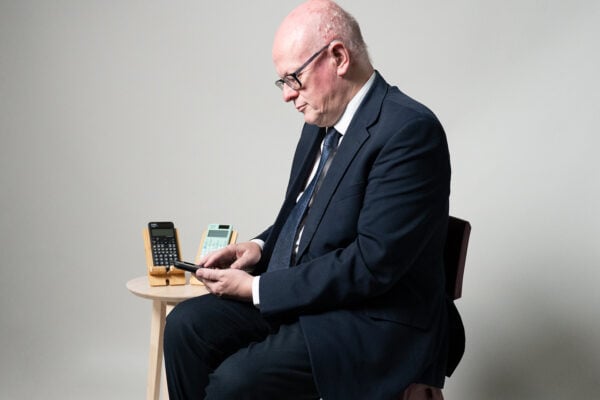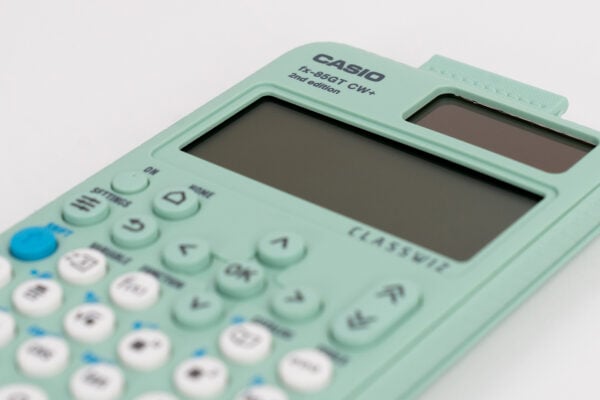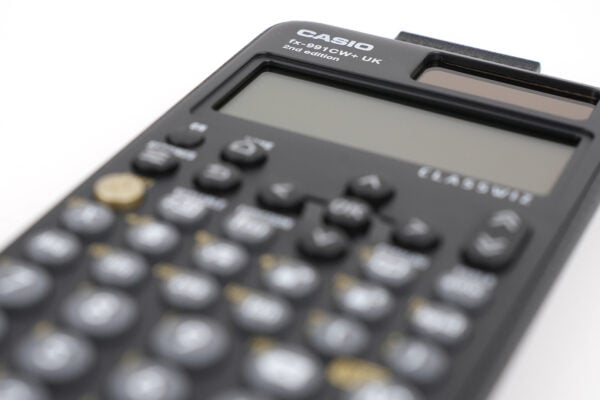Meet Blaise Pascal: Mathematician, Scientist, Theologian

Blaise Pascal achieved a lot in his short life. He lived for only 39 years, but his work impacted a wide range of fields, including mathematics, science, theology and philosophy.
His work helped to create new, major areas of research, including laying the foundations for research into probability theory. His experiments with barometers proved that vacuums do exist. His writings are still influential in philosophy and theology today.
An early talent for maths
Pascal was born 19th June 1623. While his mother died when he was only three, his father became a hugely influential figure in Pascal’s early education. The young Pascal showed a real talent for both mathematics and science, producing his first significant work at just 16.
It was a short treatise on the “Mystic Hexagram”, called Essai pour les coniques. It stated that if a hexagon is inscribed in a circle (or conic) then the three intersection points of opposite sides lie on a line, which is named the Pascal line). It is still referred to today as Pascal’s theorem.
Pascal’s calculator
Pascal is credited with being one of the early inventors of mechanical calculators.
He started work on the machine in 1642, while working in his father’s office calculating taxes. It could add, subtract, divide and multiply numbers up to six digits.
By 1645 he was ready to share the machine, called Pascaline or Pascal’s Calculator, with the public. It was able to complete calculations thought previously to be only possible by a human and was the first calculator to have a controlled carry mechanism.
Over the next decade, he made about 20 machines. However, manufacturing limitations of the 17th Century meant it wasn’t possible to mass produce the machine or create it in a way that made economic sense. Therefore, he didn’t pursue further sales of the machine.
Under pressure
In 1648, Pascal arranged for his brother-in-law take readings of the barometric pressure while climbing up a mountain. Pascal’s himself was in poor health, so could not take the reading himself.
Using this data, Pascal validated Torricellian theory, explaining how changes in air pressure at different altitudes cause the readings to change on a barometer.
The move towards theology
When Pascal was 31 years old, he had what can be described as a mystical experience. This transformed his life. It’s not clear exactly what happened to him, but this experience led him to focus on philosophy and theology for the rest of his life until his death in 1662.
Legacy and impact
Recognising his contributions to scientific and mathematical communities, Pascal’s name has now been used to the SI unit of pressure, a programming language, as well as many other theorems and ideas that he explored during his short life.
He is now widely regarded as a true polymath.



